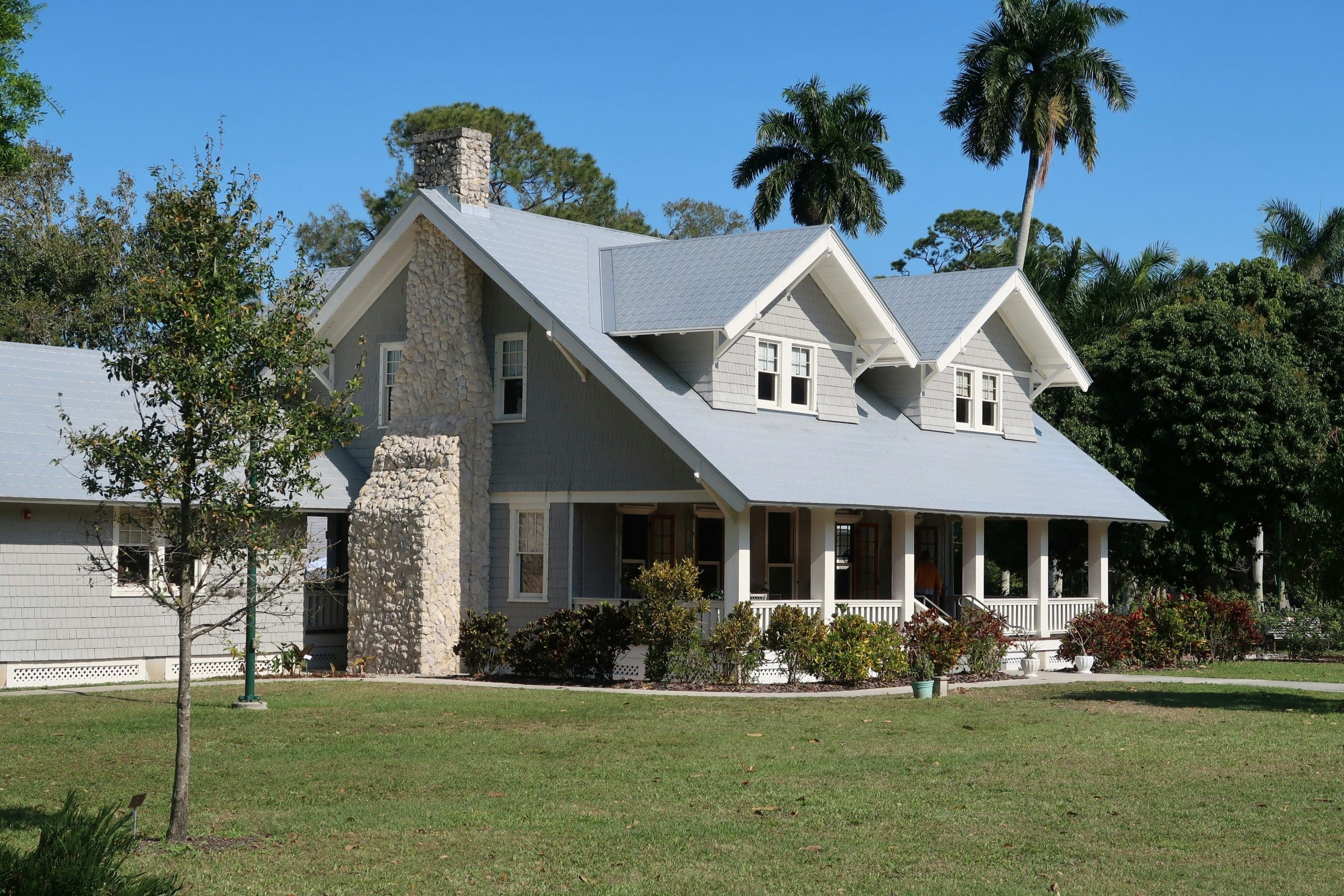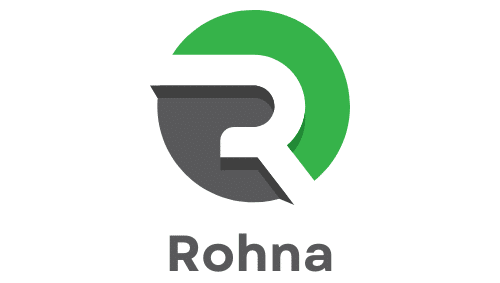The impact of interest rate hikes on your home value

In today’s dynamic economy, few things cause as much concern and consideration for homeowners and prospective home buyers as the fluctuation of interest rates. When the Federal Reserve adjusts the federal funds rate, the ripple effects are felt across the housing market from mortgage rates to home prices. For most homeowners, their home is not just a place of residence but also their most significant financial investment. Consequently, understanding how interest rate hikes impact the value of your home is crucial for making informed decisions regarding buying, selling, or refinancing.
In recent times, we have seen the Federal Reserve respond to economic pressures by increasing the federal funds rate. Such decisions are tailored to curb inflation and stabilize the economy but often come with implications for the real estate market. This article will delve into the intricacies of how higher interest rates affect your home’s market value, your mortgage, and what these changes could mean for your financial health.
Sujet a lire : What is the future of retail real estate in a digital world?
Understanding Interest Rates and the Housing Market
Before we can examine the effects of interest rate hikes, it’s essential to comprehend the relationship between interest rates and the housing market. Essentially, interest rates are the cost of borrowing money, expressed as a percentage of the loan amount. When the Federal Reserve increases the federal funds rate, it becomes more expensive for banks to borrow money. These costs are then passed on to consumers through higher interest rates on various credit lines, including mortgages.
For those looking to purchase a home, higher mortgage rates translate to higher monthly payments. This change often dampens the demand for homes, as fewer people can afford the increased costs. On the other hand, existing homeowners with fixed-rate mortgages are insulated from these immediate changes, but those with adjustable-rate mortgages or home equity lines of credit may face increased payments.
Avez-vous vu cela : Diversifying your portfolio with real estate assets
The relationship between interest rates and the real estate market is a complex dance of supply and demand, affordability, and investor behavior. It is the interplay of these factors that ultimately influences home prices and the value of your property.
The Direct Impact on Mortgage Rates
When it comes to understanding how interest rate hikes affect your home value, one must first look at the direct impact on mortgage rates. As the Federal Reserve raises the federal funds rate, lenders adjust their rates accordingly. This means that prospective home buyers will see a rise in the interest rate for new mortgage loans, which can significantly affect their purchasing power.
For instance, even a one percentage point increase in the interest rate on a 30-year fixed-rate mortgage can add hundreds of dollars to a monthly payment, depending on the loan size. This added cost can push some buyers out of the market, reducing competition for homes and potentially leading to a cooling of home price growth.
However, for those of you with an existing fixed-rate mortgage, this direct impact is not felt until you seek to refinance or move to a new home. In contrast, if you have an adjustable-rate mortgage (ARM), your interest rate—and by extension, your monthly payment—can increase once the introductory period ends, matching the recent rate hikes.
How Higher Interest Affects Home Prices
One of the most significant concerns for homeowners is how rising interest rates might affect home prices. It stands to reason that as mortgage rates increase, the number of potential buyers who can afford to purchase a home decreases. This reduction in demand generally leads to a slowdown in home price appreciation, and in some cases, prices may even decline.
However, the outcome is not always straightforward. While higher interest rates often cool down the housing market, other factors such as low housing supply, strong job markets, and population growth can maintain or even increase home prices in certain areas.
For current homeowners looking to sell, understanding your local market is key. In areas where the demand remains strong despite higher rates, you may still see your home price hold steady or increase. However, if you’re in a market that’s more sensitive to rate hikes, you may need to adjust your expectations regarding the value of your home.
Long-Term Considerations for Home Equity
Over time, the impact of higher interest rates can also be seen in the home equity that you have built up. Home equity is the difference between the market value of your home and the remaining balance on your mortgage. It’s an essential component of your overall financial health, as it represents the part of your property that you truly "own."
When interest rates rise, and home prices stabilize or drop, your home’s equity growth may slow down. This can affect your ability to borrow against your home’s equity for renovations, education, or other expenses. It can also impact your plans if you were counting on your home’s equity to fund retirement or other long-term goals.
However, if you’re staying put in your home and not planning to tap into the equity soon, you may not feel these effects as acutely. For those with a fixed-rate mortgage, your home equity can still grow as you continue to pay down the principal on your loan, even if home values in your area are not appreciating quickly.
Strategies for Home Buyers and Owners
Given the current economic landscape, what strategies should home buyers and owners consider to mitigate the effects of higher interest rates? For prospective home buyers, locking in a fixed-rate mortgage before rates climb even higher can save you thousands over the life of the loan. It’s also vital to shop around for the best rates and terms and to consider making a larger down payment to reduce the amount you need to borrow.
For current homeowners, now might be a good time to review your mortgage. If you have an ARM, consider whether refinancing to a fixed-rate mortgage makes sense for your situation. Additionally, improving your credit score can help secure a lower rate should you decide to refinance or purchase a new home.
Paying down other high-interest debts, like credit cards, can also improve your financial situation, making you better prepared to handle the current market conditions. And if you’re planning to sell your home, focus on making smart upgrades that add value and appeal to a broad range of buyers, helping your home stand out in a slower market.
Conclusion
As the Federal Reserve continues to adjust the federal funds rate in response to economic indicators, you must stay informed about the potential impacts on your home value and mortgage rates. Higher interest rates can cool the housing market, affect home prices, and influence your home equity, posing challenges and opportunities for buyers and sellers alike.
Whether you’re looking to buy, sell, or simply understand your current position, the key is to consider both the short-term fluctuations and the long-term trends. Knowledge is power, and by staying informed and proactive, you can navigate the complexities of the real estate market with confidence. Remember, while interest rates are an essential factor, they are just one piece of the larger puzzle that makes up the housing market and your home’s value.
